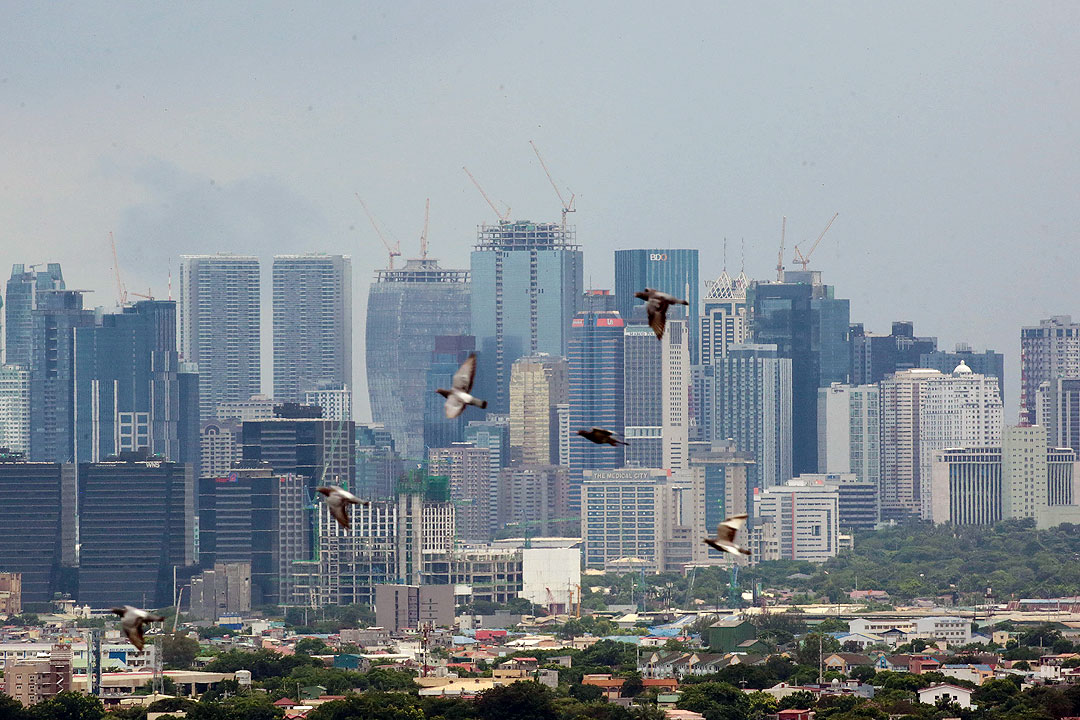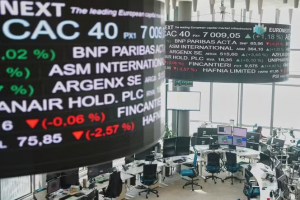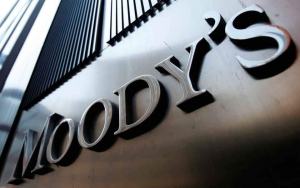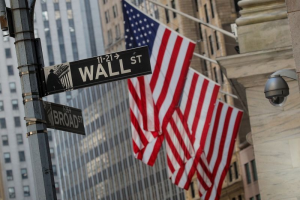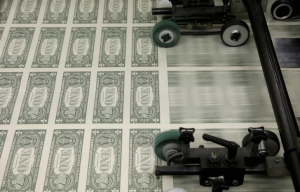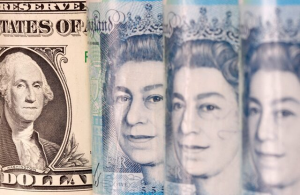-Britain posted a larger budget deficit than expected in February, boosted by cost of living payments and the effect of past inflation on the public finances, official data showed on Thursday.
Public sector net borrowing, excluding state-owned banks, was 8.40 billion pounds ($10.74 billion) last month, down from 11.84 billion pounds a year ago, the Office for National Statistics (ONS) said.
The reading was higher than any economist expected in a Reuters poll that had pointed to a deficit of around 5.95 billion pounds.
With a national election expected before the end of the year, the figures underlined how little room the next government will have to finance measures to boost Britain's anaemic economy.
The ONS said government spending had been boosted by 2 billion pounds of cost of living payments to households under existing schemes.
Inflation had also lifted the value of spending on social benefits as well as tax receipts - particularly for income and corporation taxes.
The data suggested finance minister Jeremy Hunt, whose Conservative Party lags far behind the opposition Labour Party in opinion polls, is on track to meet the Office for Budget Responsibility's (OBR) borrowing forecast for 2023/24.
With only one month to go, the cumulative budget deficit for the financial year so far stood at 106.8 billion pounds - down 4.1% compared with first 11 months of 2022/23.
Earlier this month, the OBR forecast a budget deficit for 2023/24 of 114.1 billion pounds - meaning another 8 billion-pound deficit in March would be enough to meet that forecast.
The outlook for 2024/25, which starts in April, looks trickier.
"Hunt's aim to cut the deficit by a quarter to 87 billion pounds in the coming financial year will be challenging to achieve given much-higher-than-inflation rises to the state pension, benefits and the minimum wage," said Alison Ring, director of public sector and taxation at ICAEW, a trade body for chartered accountants.
"Pressure to find extra money for defence, local government and public services is only likely to grow as the general election approaches."
($1 = 0.7846 pounds)

